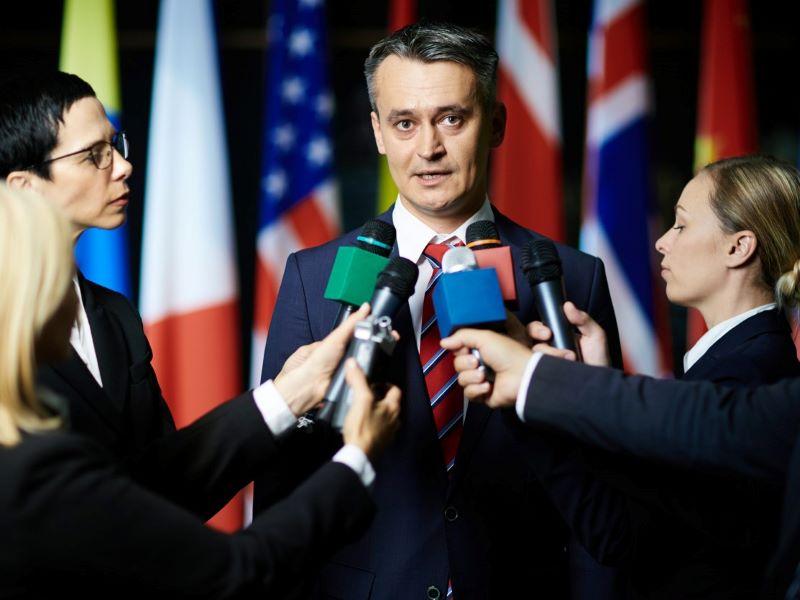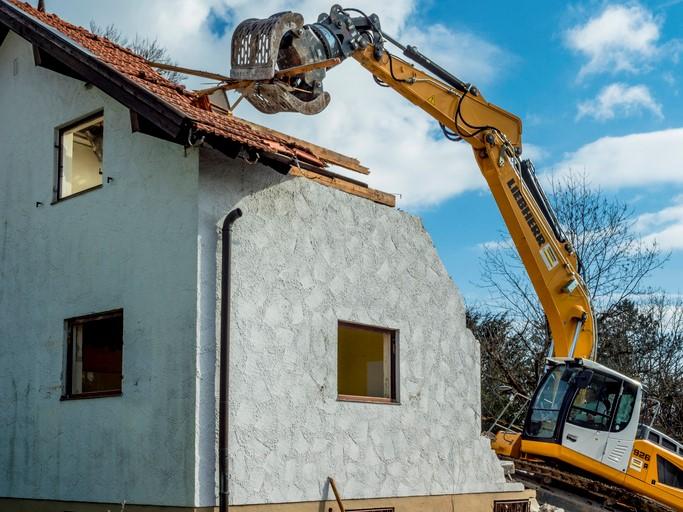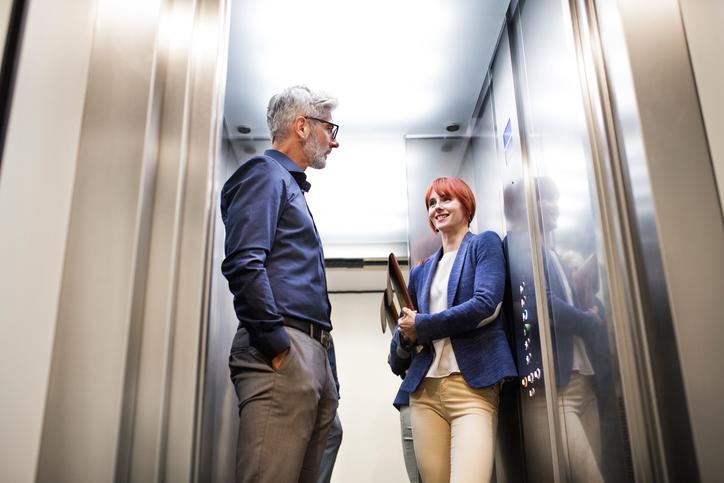The recent revelations of chaos and occlusion emerging from the UK Covid-19 Inquiry have provided sobering insights into the culture of evidence within Whitehall. However, they are unlikely to surprise those with first-hand experience in communicating research to civil servants or politicians. With evidence that public officials were offended by the “direct criticism” of academics, reports of cognitive biases and groupthink and officials’ misinterpretation of technical terms, the inquiry will continue to reveal significant fragilities in the “evidence-based policy machine” that Whitehall claims to be.
Elsewhere, there are reports that the Department for Education is keeping tabs on critical academics and attempting to cancel conferences. While there are longstanding concerns over the discourse of “impact”, including the potential for “grimpact”, and the spread of “meaningless research” that is helpful in securing employment but little else – it stands to reason that researchers entering into knowledge exchange activities with public officials might feel conflicted between the need to demonstrate impact and the value of speaking truth to power.
Tips for navigating the ‘evidence-based policy machine’
For more than three years, I was a government social researcher in two arm’s-length bodies of the Ministry of Justice, and I regularly worked with academics who acted as consultants, contractors or communicators of evidence. I was frequently preoccupied with getting research in the right hands, understood by the right people, or acted upon at the right time, sometimes with the aid of academic researchers.
I heard of official research reports disappearing or being revised for years before being permanently shelved. Based on these experiences, my “top tip” for anyone who wants to engage with policymakers is to focus on contributing to the policymakers’ culture of evidence policy subsystems – characterised by shared topical areas and territorial geographies and made up of different mixes of public, commercial and non-governmental – rather than solely aiming at influencing policy.
Inventing shared practices
One strategy to accomplish this would be through more dialogue to share practices, such as the interpretation of research data. This would involve researchers in close dialogue with officials to develop a mutual understanding of the contingencies of data, policy problems and evidence production. This could be done through support for open dialogue to discuss research evidence and research practices.
This approach would help officials understand the limits of evidence and support the establishment of shared practices for mutual understanding of evidence’s potential uses. A word of caution, however. For these open dialogues to work, trust is critical. Surveillance, silencing critical scholars and ignoring, misinterpreting or discrediting research can breach trust. There is always the potential for conflict between researchers and public officials. Greater openness and literacy about the importance of shared practices within evidence production are sorely needed.
- Resource collection: How to promote your research for greater impact
- Amplifying research: five features of successful impact generation
- What’s the story? Creative ways to communicate your research
Hope and cultures of evidence
Rather than focusing efforts on designing an effective dissemination strategy, researchers can invest their hope in building better cultures of evidence. Such efforts require substantial work to translate and organise new shared practices for using and interpreting evidence. These efforts call for a long-term commitment of resources, far more significant than most funding cycles or engagement activities allow.
Researchers should seek to understand how officials within policy subsystems use evidence within their own policy networks, and what interpretive frameworks they use to understand the relevance, meaning and quality of evidence. How evidence tends to be procured, disregarded and interpreted within policymaking processes sets conditions for whether your evidence will be timely or useful. I saw research reports shelved once their findings were seen to challenge a policy customer’s views and position. Be aware that informal power hierarchies exist within these groups, so try to understand where it lies and who the informal brokers are that can exchange evidence with key officials during critical phases of policy processes.
Secrecy, distrust and co-dependence
It’s an open secret that a culture of distrust and co-dependence exists between academia and Whitehall. To help overcome this, seek input from policymakers during research design and involve officials in your research programmes. However, once these relations have been established, those same officials may depart from a subsystem, and you’ll have to start from square one. If you prefer to stay out of a policy subsystem, consider working with external champions of evidence, such as heads of the government social research profession, or other advocacy coalitions.
Those offering practical tips for communicating research to policymakers tend to overemphasise the design of policy briefing documents rather than face up to the thornier topics of power and inequality. Policy dissemination “how-to” lists, created by communication specialists, while nominally practical, essentially assume that improved dissemination strategies increase the likelihood that policymakers will draw on your research. Sadly, in my experience, evidence with a substantive, ie, non-trivial, impact on policy is few and far between. It is rare when research does more than reinforce an existing policy position.
Moving beyond ‘getting heard’
Although you may be “getting heard”, that doesn’t always mean that your research has a longer-term impact on a policy subsystem or the culture of evidence within Whitehall. Rather, substantive impacts require significant investment in understanding the challenges of working with officials operating within a policy subsystem. Teasing out the value and relevance of evidence from noisy information environments isn’t easy. These officials consciously manage their own and their department’s reputational risks and tread cautiously to not rely on scant, potentially fragile evidence.
Cultivating good evidence habits within public sector bodies, such as the Department for Education or the Home Office, might be a better use of your time and resources. In our “post-truth” era, trust in research is fragile, expert advice can be found wanting, as we are seeing in the case of the Covid inquiry. Those seeking to create impact with their evidence should be ready to understand how public sector bodies make sense of the value of research. Misunderstandings, delays and suspicion are inevitable. The only solution is more, not less, dialogue. Researchers and public sector bodies need to invent new ideas and shared practices for understanding how research could and should contribute to progressive policy change.
Julian Molina is a lecturer in public policy at the University of Bristol.
If you would like advice and insight from academics and university staff delivered direct to your inbox each week, sign up for the Campus newsletter.




comment